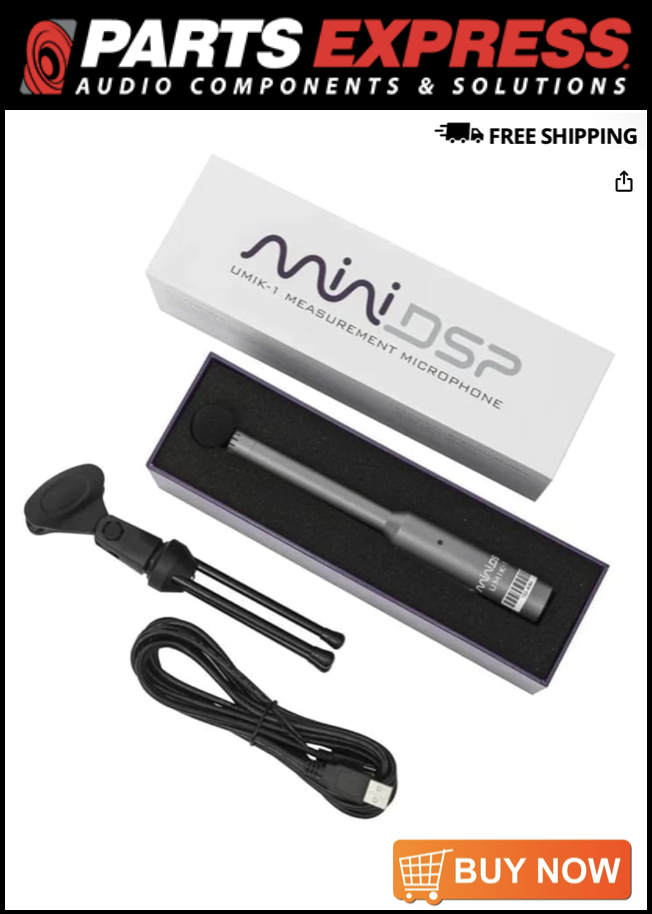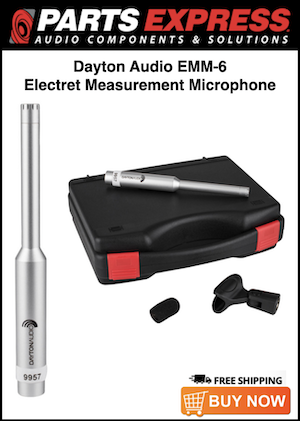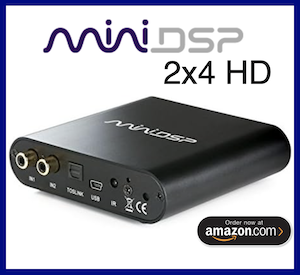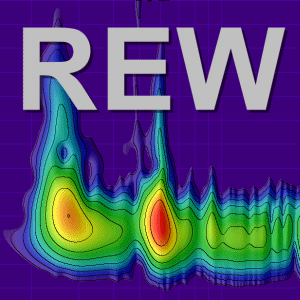Mike Rivers
New Member
Thread Starter
- Joined
- Jul 7, 2017
- Messages
- 8
I've found REW to be kind of flaky when running a sound card calibration. Level check is OK, the sweep runs, and when the sweep is complete, it hangs up in the Calculating FFTs process with the progress bar stuck at 95 to 96%. I can close the Calibration window but nothing else works. All I can do is close the program and restart. Sometimes I can go through this three or four times before the calibration procedure runs to completion. I've attached the log file from a crashed calibration session.
With or without a calibration file, the program otherwise works well.
I can't pin this down to a specific computer and interface ("sound card") since I've had this same hang-up during calibration problem with three different computers and three different interfaces, and have swapped interfaces among the computers. One computer is running Windows XP, one is Windows 7 32-bit, and one is Windows 7 64-bit. I'm using the manufacturer-supplied ASIO driver with two of the interfaces and the Java driver on the other one that doesn't have an official ASIO driver.
Any hints? Or do they all do that?
With or without a calibration file, the program otherwise works well.
I can't pin this down to a specific computer and interface ("sound card") since I've had this same hang-up during calibration problem with three different computers and three different interfaces, and have swapped interfaces among the computers. One computer is running Windows XP, one is Windows 7 32-bit, and one is Windows 7 64-bit. I'm using the manufacturer-supplied ASIO driver with two of the interfaces and the Java driver on the other one that doesn't have an official ASIO driver.
Any hints? Or do they all do that?












